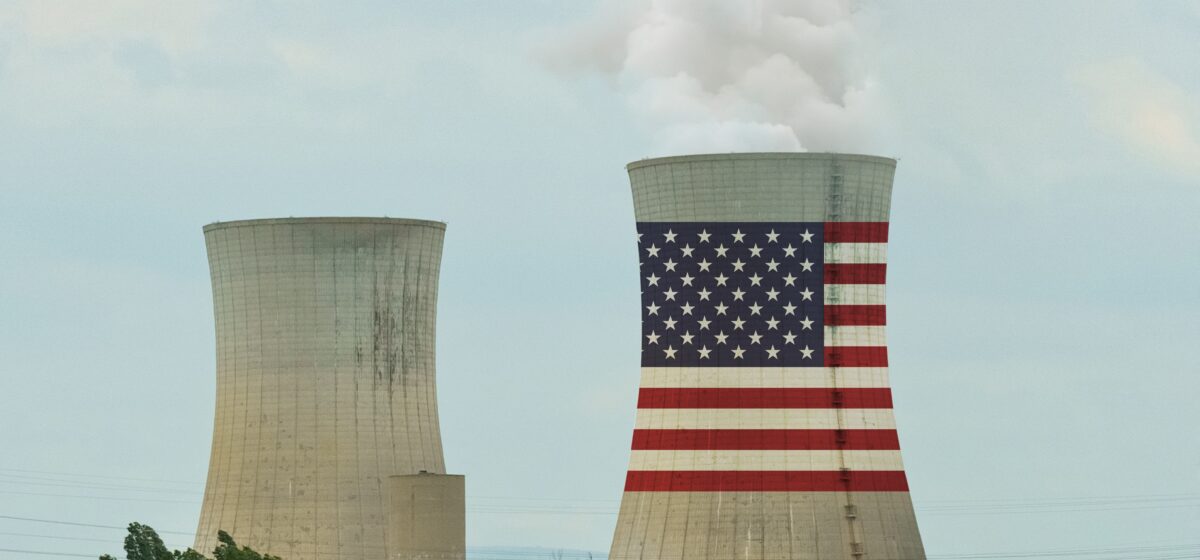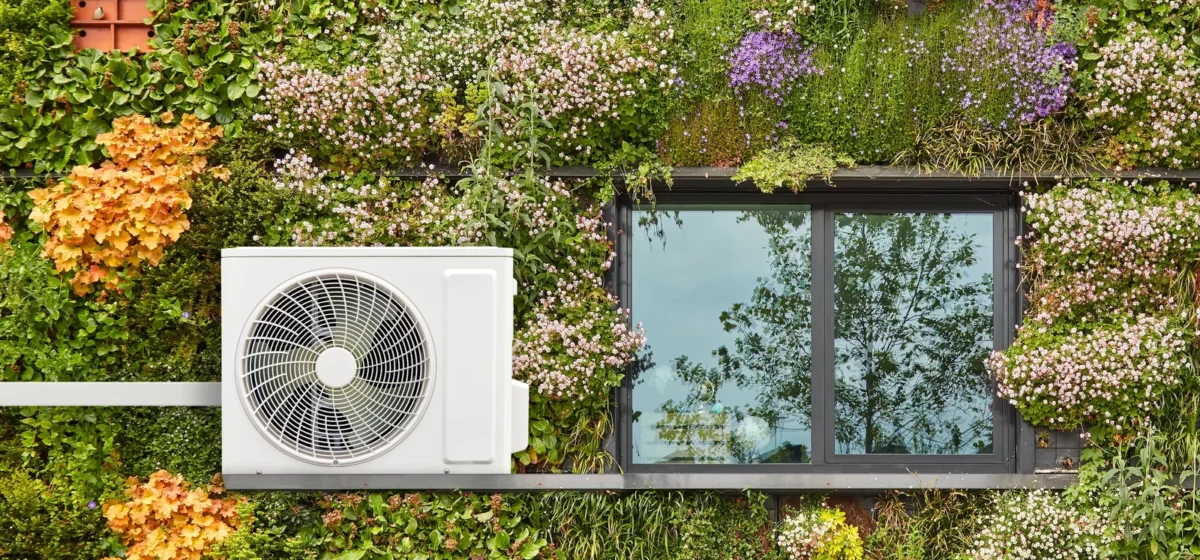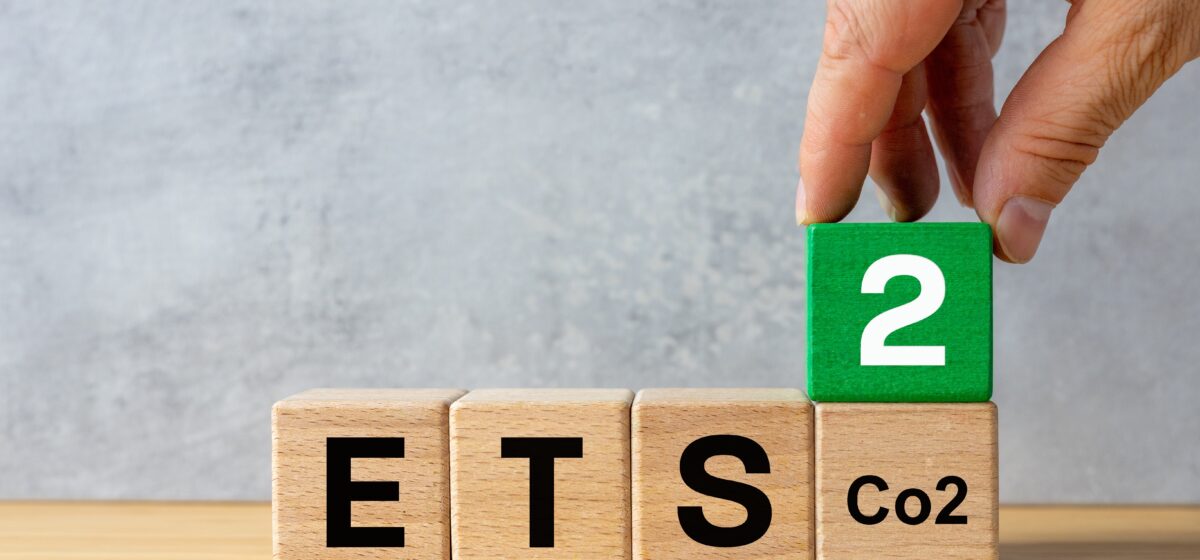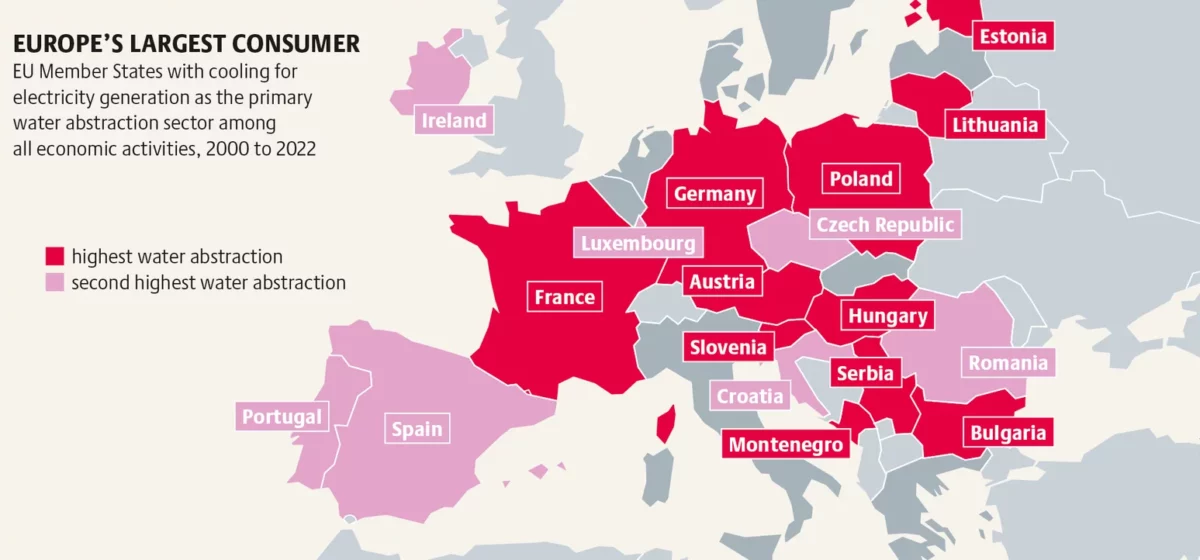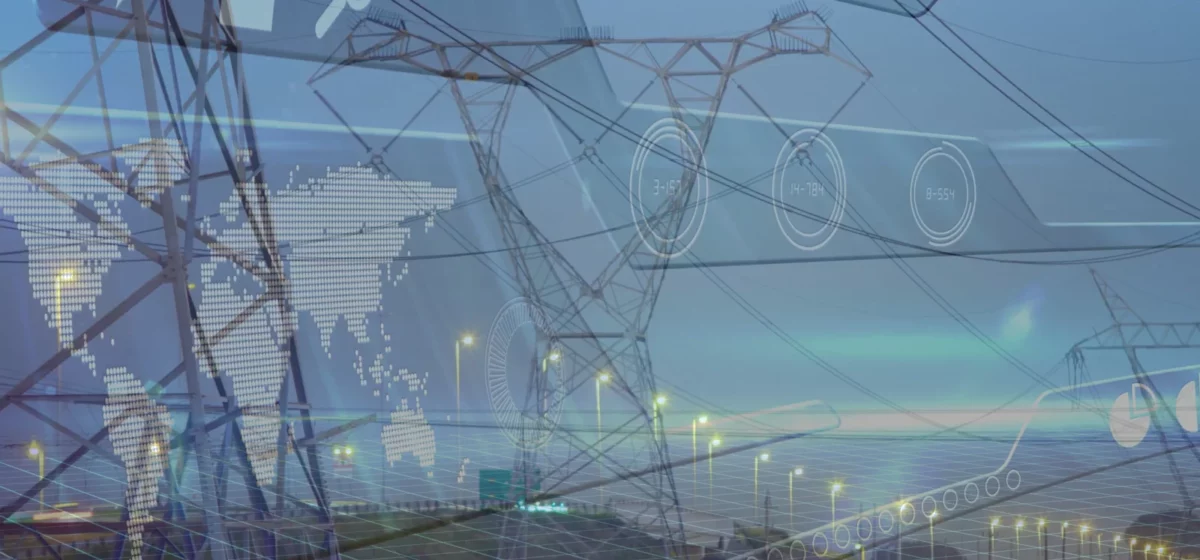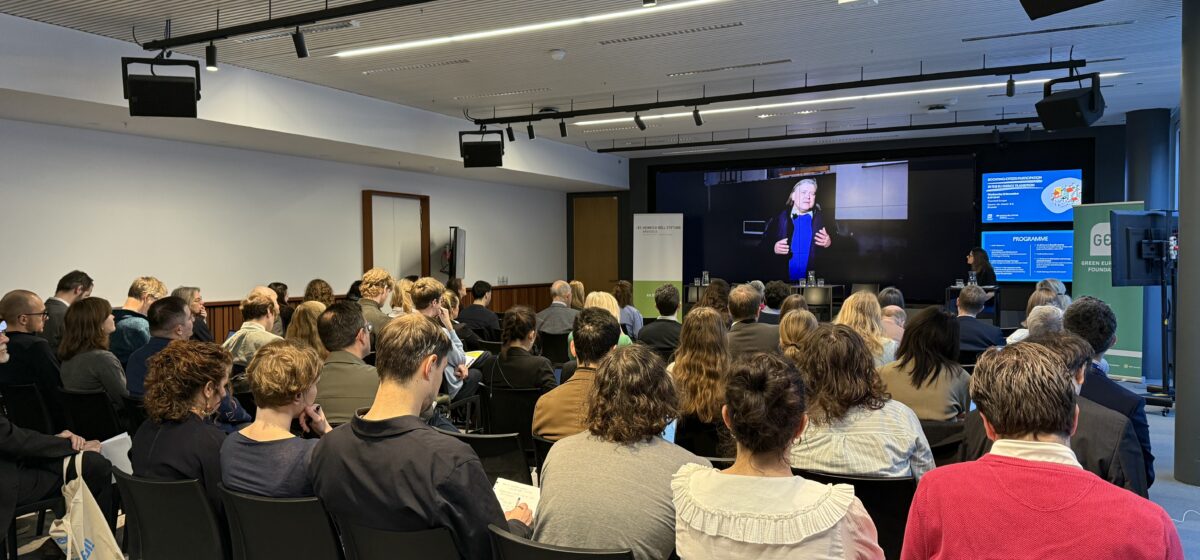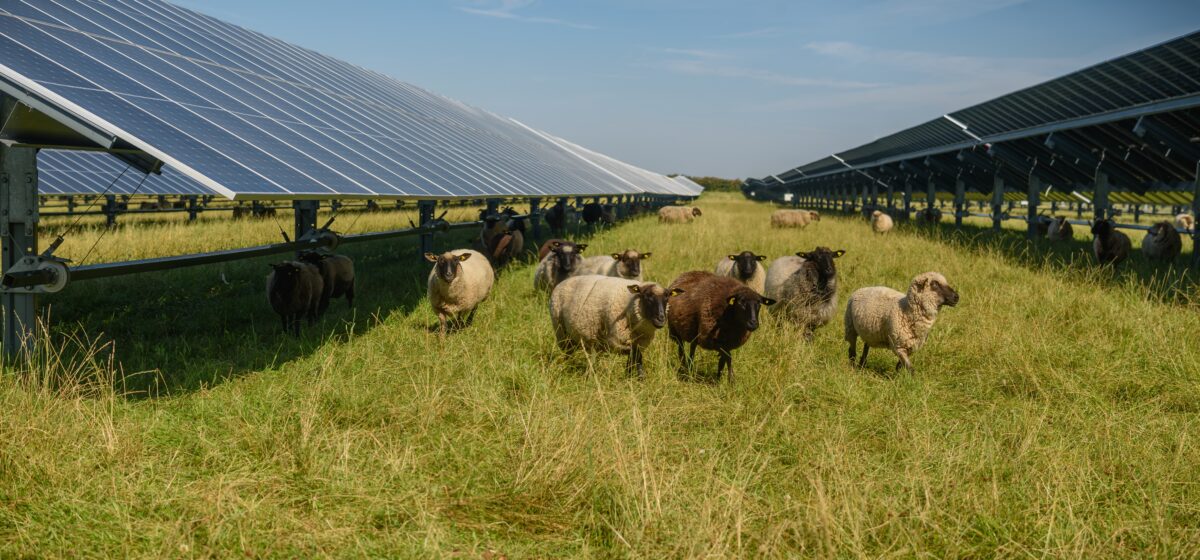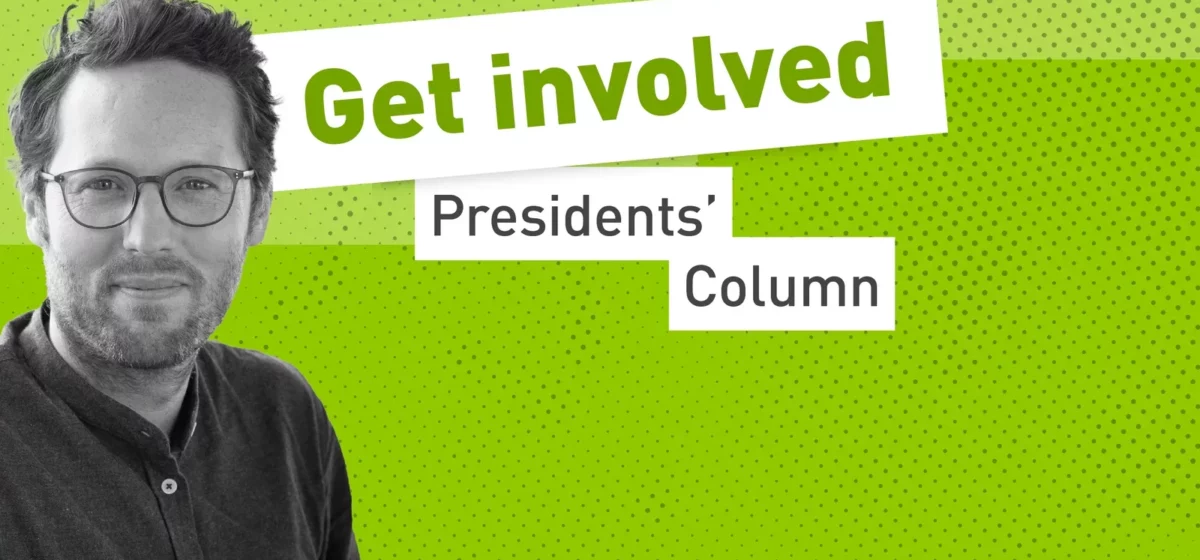-
Is Trump making nuclear great again?
No recent US administration has gone as far as the current one in trying to put the US nuclear sector back on its feet again. President Trump has made nuclear energy a top priority and pursued an aggressive, hands-on programme to accelerate deployment of advanced reactors, build domestic fuel capability and reshape the institutions that license and oversee the industry. But all of this...
comments 0 -
Heat pumps: phases of transition differ strongly among countries in Europe
There are good reasons to wish for a future with more heat pumps: less fossil gas in the heating sector and therefore less methane leakage and less CO2 and NOx emissions; lower costs for households; and more energy independence for nations. Most of this works best with powering the heat pumps with a bigger share of renewables. In Europe, heat pumps boomed until 2023...
-
The EU can do: The Emissions Trading System is a slam dunk
With all of the grim news coming from the US and other places where climate protection is on a backfoot, it’s heartening to cast a glance at the EU’s Emissions Trading System, or EU ETS. Once considered a dud, this carbon market is now the EU’s most potent weapon in reducing greenhouse gas emissions. Paul Hockenos reports.
-
Energy: our power craves water
by Nidhal AttiaWater and energy are deeply interconnected: producing energy relies on water, while treating water consumes energy. Mining raw materials such as lithium and copper needs lots of water, also in arid regions. The solutions: recycling, water-saving technologies, and switching to renewable energy sources such as wind and solar.
-
Time for independent energy system operation in the EU?
The need for independent energy system operation is a live debate across the EU. It may be raised as an issue by the European Commission in their forthcoming Grids Package or White Paper on Electricity Market Design. Decisions about institutional reform are never taken lightly. They consume resource and political energy and may temporarily delay many important processes, especially if the affected parties are...
-
An EU roadmap to phase out fossil fuels
by Wendel TrioThis year’s climate summit in Belem did not deliver necessary progress to limit temperature rise to 1.5°C. Similarly, the EU’s contribution to the needed global emissions reductions by 2035 are not at the level required. The EU can make up for these failures by starting with the development of an EU roadmap to phase out fossil fuels, in line with its (failed) demand to...
-
A message to citizens: the energy transition is on your side. Let’s benefit from it!
Europe’s energy transition has achieved a lot. The high share of domestic renewables in our energy mix buffered the fossil gas price crisis. During the last decade, solar power became the cheapest source of electricity, accessible at basically all citizens’ homes. So, if your bill goes through the roof, just put solar panels on the rooftop? Yes, but if things were so easy, the...
-
The Trump administration’s all-out war on climate protection
The Trump government has taken a battleaxe to US climate programmes and yanked the country out of international climate diplomacy. By dismantling agencies and budgets, it undermines the US’s capacity to anticipate, mitigate and adapt to the climate crisis. There is no way to put a positive spin on it. A future Democratic administration will need consecutive terms in office to reverse the carnage....
-
Agrivoltaics: double the farming on a global scale
As the world looks for ways to produce more with less, agrivoltaics offers a fresh approach: combining solar panels and agriculture on the same land. By generating renewable energy while supporting crops and livestock, this dual-use system can boost farm productivity, strengthen local economies, and make agriculture more resilient to a changing climate. Discover how agrivoltaics is redefining what it means to “farm the...
-
Electricity prices must fall!
Levies, charges, and taxes make electricity expensive – and hinder the switch to the climate-friendly, electricity-based alternatives that we urgently need. Yet many companies and consumers have long been ready to make the change. The technology is already available, often from German manufacturers, who have been waiting for years for a market breakthrough. Instead, Katherina Reiche’s reckless wrong-way drive continues unabated. Jan Philipp Albrecht...
This website highlights how energy transitions around the world are moving forward. It shows how they work, and what challenges lie ahead. The e-book on Germany’s Energiewende explains the country’s politics and policies, often regarded as the front runner in the global energy transition.
